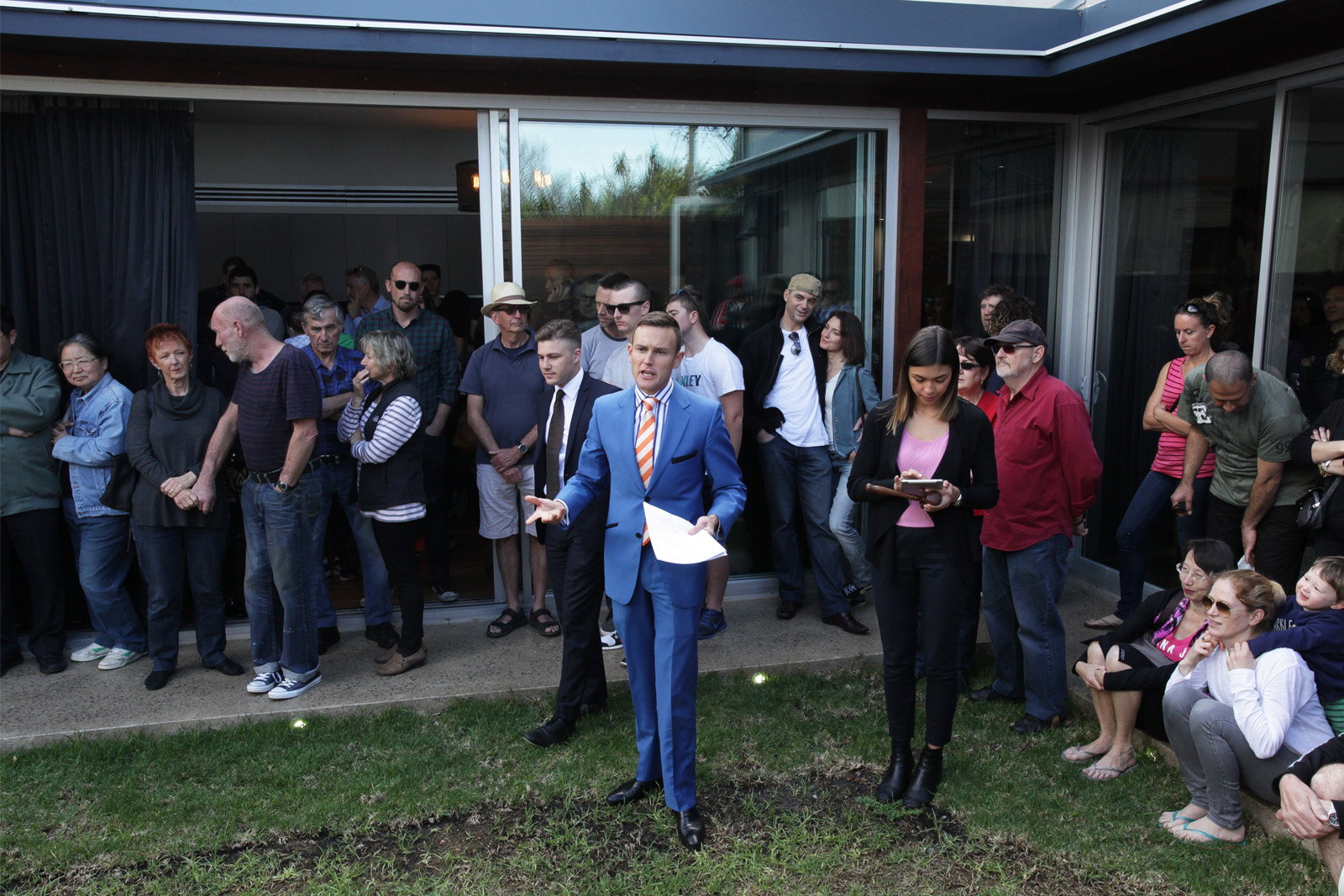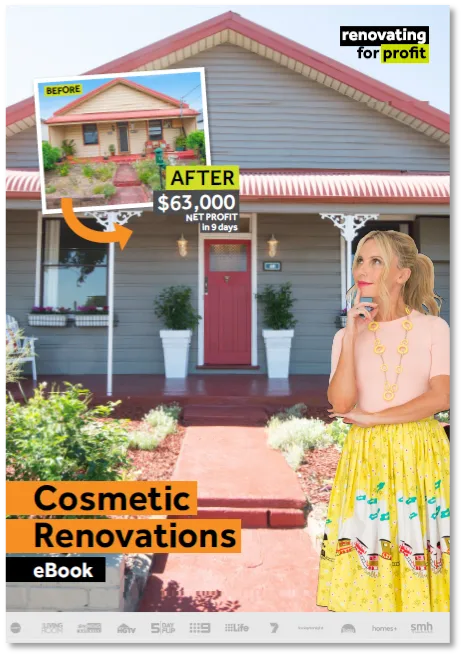Spring Selling: 5 Key Ways To Choose A Top Performing Sales Agent
So you’ve renovated your property, you’re ready to sell and now you want to place it in the hands of your suburb’s top real estate gun. Hopefully you’re not going to be seduced by the first silver-tongued sales person you meet. Your goal is to find the top real estate expert in your local area, who knows the market inside out and will get you the highest possible price for your property.
Based on my 25+ years’ experience of buying and selling property, here are my top 5 recommendations to help you find the best agent for the job.
1. DRAW UP A SHORTLIST
You’ve probably seen a whole fleet of names on real estate listings and sign boards in your area, but without a proper vetting process, how do you know which agents genuinely deliver? You can tap into your network of friends and colleagues for recommendations, and scrawl through sales listings on major sites like Domain and realestate.com.au to see if there are one or two names that continuously pop up. If you purchased your property in the last year or two, you may already be aware of who the main players are in your local area. It’s a good start, but your research has just begun. Choose the top three and get them around for an interview.

2. INTERVIEW PROSPECTIVE AGENTS
There’s a whole list of qualities that separates a good agent from an outstanding one, and it’s the latter you’re after. So you need to treat each agent meeting like a job interview. You want someone with excellent knowledge of your local area and a proven track record in sales performance. You need to establish not just how many properties they’ve sold in the suburb or currently have on their books, but how many they’ve sold in your street. How many active buyers do they have in their database? In order to ensure a rigorous interview process, I provide a whole checklist of questions, as well as a scorecard, to students of my Cosmetic Renovations For Profit course, so they can establish who genuinely walks the talk. It’s always a good idea to ask if you can speak to the last two vendors the agent worked for to find out how satisfied they were, whether they got the price they expected and how long the property took to sell. Many agents overpromise and under deliver. Your job is to see through all of that by asking probing, detailed questions.

3. ESTABLISH A REALISTIC SELLING PRICE
This is absolutely critical. A price that’s inflated will see your property languish on the market for weeks or even months, which is a bad look for prospective buyers – and certainly not the outcome you’re after. Too cheap, and you’ve sold yourself short. Some agents are much better than others at working out how to accurately price your property, based on a comparative market analysis of recently sold properties. Part and parcel of the price discussion will be whether your property is best sold by private treaty or auction, and what type of marketing campaign will be most effective.

4. ARE THEY A GOOD COMMUNICATOR & NEGOTIATOR?
It’s not just what’s on paper that matters; you’ve got to feel confident your agent has top-notch communication and negotiation skills so they can extract the absolute maximum price from potential buyers. Do you have a reasonably good feeling that the agent will go into bat for you and do everything they can to extract every last dollar from a potential purchaser? Or will they take the easy road and just pass on whatever offer a vendor makes? By way of example: I know an agent in my area that will be on the phone for hours negotiating the maximum price he can with a vendor. He’ll go to extraordinary lengths to highlight every property and location benefit to a buyer so they’ll up their offer. He’ll be on the phone negotiating well outside of business hours. It works every time. Establishing whether your agent will go to these lengths will be what gets you the top dollar you’re looking for.
5. AGREE THE TERMS
You need to decide on the agreed commission you’ll pay the agent, which averages around 2% to 2.5% of the sale price, but can dip as low as 1% and go as high as 4%. It all depends on what you negotiate with the agency. If you have a multi-million-dollar property, you’re in a better bargaining position and will get a more competitive commission. Before the agent can market your property, they must sign a contract with you, called an agency agreement. Don’t sign the standard 120 day sales contract, always opt for shorter contracts (like 45 days). If, for whatever reason, it doesn’t work out with your agent, you don’t want to be tied into a contract that drags on longer than necessary. Hopefully that won’t happen, of course! Your vetting process should reward you with a brilliant agent and a sales price you’re happy to accept.





Thanks for the 5 tips. Looking forward to your morning session this Saturday.
Solid advice could not agree more and I’m an agent!
Thanks for the tips, you’re excellent 👍